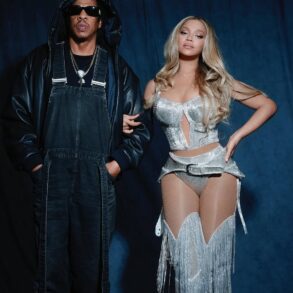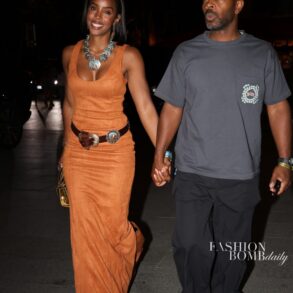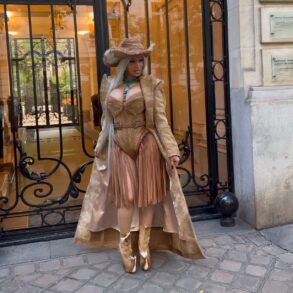
LONDON — One year ago, 22-year-old Masha Amini died in custody of Iran’s hijab police. The agents, known as the morality police, arrested her for allegedly having some strands of hair showing off her black chiffon headscarf.
The episode ignited months of bloody nationwide protests known as “Woman, Life, Freedom”, in which the regime killed hundreds of protestors and imprisoned tens of thousands. The uprising was mostly led by women who disposed of one particular weapon against their oppressor: fashion.
Upon the anniversary of Amini’s tragic death, fashion remains the main tool that Iranian women have utilized to defy the Islamic Republic’s oppression. Now more than ever, what they decide to wear to live the normal life they seek is a political statement.
The Sharia-based laws that have been in place since the revolution 40 years ago force women to wear a hijab to cover all of their hair when in public and to avoid showing body shape and curves. A violation of such law is not tolerated and punishable with imprisonment, torture and in the case of Amini, could even lead to death.
But since September 2022, women have been walking the streets of Tehran and other cities across Iran without headscarves. Amendments made to the way they dress, subtle or bold but either way meaningful, show how the uprising has evolved inside the country.
Experts and activists claim this widespread social disobedience to the standard dress code has been the peaceful but potent weapon of Iranian women; that despite severe punishments is ongoing, an extension of the bloody street protests of the movement.
“Fashion and clothing have become a mirror, reflecting the shift in society,” a 56-year-old Tehran-based tailor told ABC News about changes unfolding in front of her own eyes. She asked for her name not to be mentioned for security concerns so she could speak freely. “I can see that change clearly in the orders I receive from my customers compared to what I used to get before the Mahsa uprising.”
Explaining the changes, the tailor said that the length of the women’s garments –known in Iran as mantaue– has decreased from about 35-40 inches to 20-25 inches these days for many of her female customers aged around 50 to 60s. “Many of the younger generations have stopped wearing mantaue in general, they simply go out with jeans and T-shirts or dresses, and in rare cases even with a crop top,” she added.
“We used to witness the length of manuaes and jackets gradually getting shorter,” she said, “but this dramatic reduction happened after Mahsa and I know it’s not a coincidence.”
Fashion and dress code not only symbolize these changes, as an Iranian journalist told ABC News but rather constitute one of the forces “actively driving” the protests on the streets in the first months of the movement.
“As Mahsa was arrested in a very normal outfit,” the journalist said, “social media influencers stepped in and played an important role.” She also asked for anonymity for security concerns.
“Traditionally, influencers step away from politics,” the journalist said. “But this time some of them published their photos without headscarves or openly advocated the uprising.” Gradually, they came to understand and embrace this newfound power to not only influence fashion trends but also politics. Their contribution to the uprising was so effective that the regime prosecuted and imprisoned some of them and closed down many of their social media accounts.
“We are aware of the power we have and the power of clothing,” an influential Iranian influencer told ABC News, whose social media accounts have hundreds of thousand of followers. She did not want her name to be disclosed so she could speak openly.
“If given a chance, I’d tell the Islamic Republic authorities that it does not matter how many weapons they have got or how many people they arrest, torture, and kill,” she said. “At the end of the day, they go home, and they see that their daughters do not listen to them even about what to wear. They wear what I wear and post their photos on my page.”
This post was originally published on this site be sure to check out more of their content.








